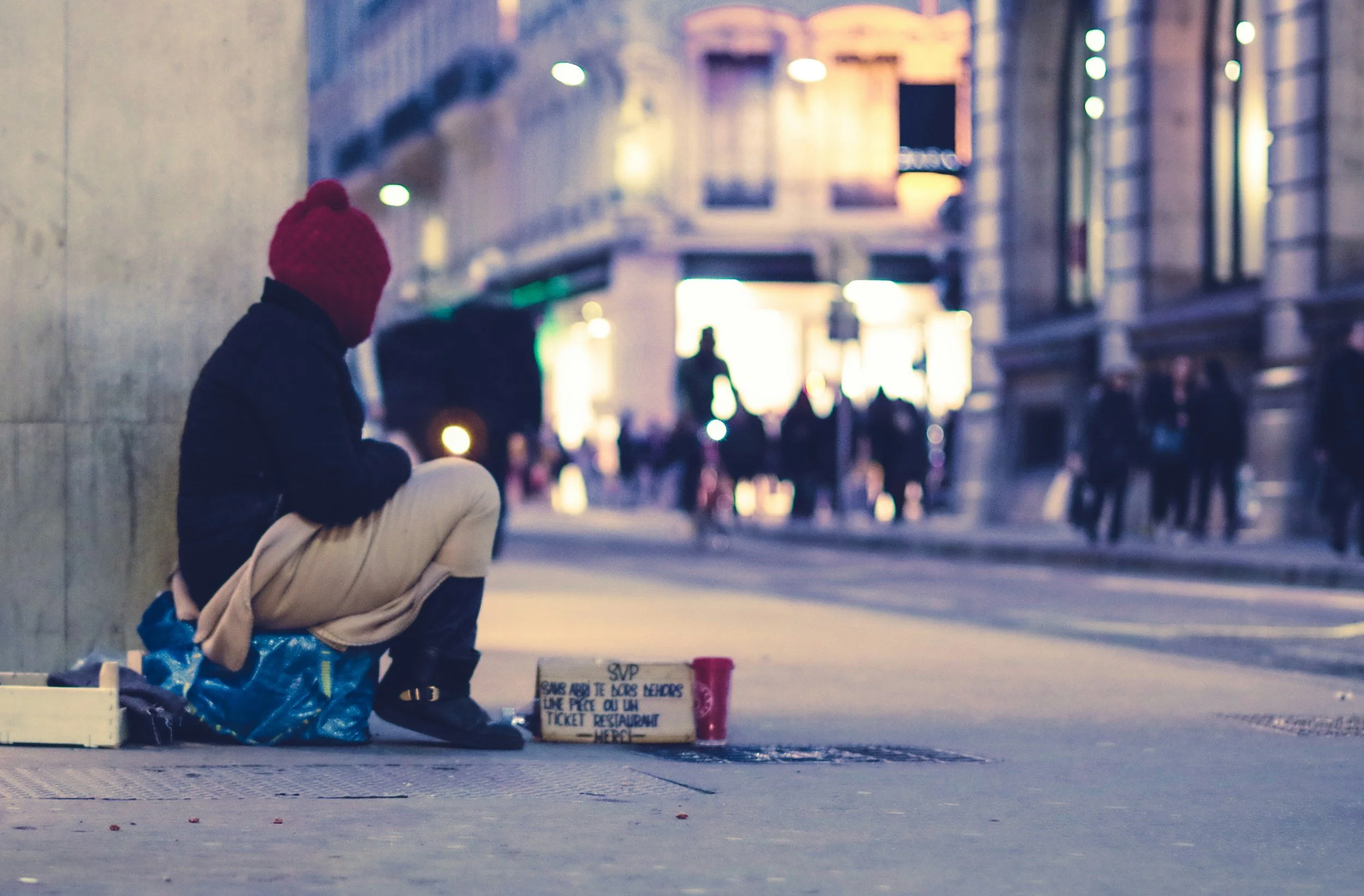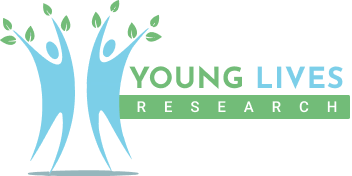Youth in the Digital Age (Phase II)
Youth, Education & Wellbeing in Canada’s Digital Society (Post-Pandemic)
For young people, and especially for the most vulnerable, the COVID-19 pandemic posed new risks for education, employment and mental health. Our study extends our previous and ongoing research into Youth [wellbeing] in the Digital Age to examine these emerging risks that cross four of the Global Future Challenges of the Social Sciences and Humanities Research Council of Canada (SSHRC):
-

Wellness In The 21st Century
-

The Digital Economy
-

The Emerging Asocial Society
-

Shifting Dynamics of Marginalization and Inequality
Our team has worked extensively to better understand how digital technology influences the social and educational lives of youth, permeating every aspect of wellbeing. It ubiquitously operates through digital ecologies as:
Worldviews that suggest its necessity and public good, and
Myriad of gadgets, Internet of Things, Artificial Intelligence, apps and social media
Background
Youth in the Digital Age has twice been funded by SSHRC to investigate how young Canadians are impacted by aspects of digital technology in their daily lives. Currently in Phase II, this project spans a decade and is a groundbreaking longitudinal study that examines how young people interact with and are shaped by digital technologies over time. The first of its kind in Canada, this research and engagement with young people offers a unique opportunity to collect and analyze over-time data on the evolving role of digital technologies in young people’s lives and provides critical insights into how youth navigate digital spaces, the impact of digital tools on wellbeing and social connections, and the ways they use technology to express themselves and engage with the world. The longitudinal approach of this novel work alongside young people is essential for understanding how digital life affects youth across different developmental stages and societal shifts, providing a foundation for evidence-based policies, practices, and resources to support youth in an increasingly digitalized society.
Outcomes
Young people living within digital ecologies experience them as deeply paradoxical and a source of unease; they both value and question the digital society seeing opportunities for social connection, access to information, engagement and activism while simultaneously noting problems in becoming asocial, controlled, addicted/anxious, and less educated. From our previous work with you, they have voiced their concerns about privacy breaches, loss of quality education, disinformation and exposure to "nasty humanity". (2,3) Youth are critical barometers of if/how digital society is working. We explore emerging trends in the wake of the pandemic's economic challenges, school closures, "the new age of digital learning" and digital social life.
Tilleczek, K. (2019). Youth have a love-hate relationship with digital tech in the age ofthe Anthropocene. The Conversation, Summer Edition, 2019.https://theconversation.com/youth-have-a-love-hate-relationship-with-tech-in-thedigital-age-1094533)
Tilleczek, K., Bell, B. L., & Munro, M. (2019). Youth well-being and digital media. InKate C. Tilleczek & Valerie M. Campbell (Eds.) Youth in the digital age: Paradox, promise, predicament. (pp. 39-59). Abingdon, UK: Routledge.
We ask: what are the newest problems and possibilities of digital media for youth wellbeing & education?
Team
Our team of scholars, youth, trainees and collaborators share decades of expertise for new, rigorous research and impactful knowledge mobilization. Operating from the Young Lives Research Lab and building on our extensive work on youth and digital technology, we leverage the work of youth-serving agency collaborators, the Students Commission of Canada, Pathways to Education Canada and UNICEF Canada.
Outputs
An essential next step is a holistic model of Canadian youth wellbeing that accounts for the deep ubiquity of digital technology and takes post-pandemic contexts into account. We employ our unique participatory methods with/by/for youth for social good to generate (a) a new Canadian Digital Wellbeing survey of the influences of digital society, (b) filmed interviews with Millennial and Gen-Z youth from which "digital portraits" are produced to depict changes over time, and serve as innovative and accessible knowledge mobilization tools to educate and inform, and (c) a map of the new social, economic, political and philosophical landscape of Canadian digital society, post-pandemic.
Impact
Richly textured results of this work will feed the development of a model of Canadian youth wellbeing that includes how their online lives enhance and/or diminish education and wellbeing. This research is critical for parents, educators, policymakers and youth as we generate data about the quality of the digital ecologies young people encounter and map out the shifting contexts of today's digital society. Does it live up to its promises? What do youth see and do online and why? How do youth actively use digital tools and platforms for resistance? Are content, platforms and tools serving youth education and wellbeing? If not, what is to be done? The project is collaboratively designed with scholars, youth and youth-serving agencies to ensure that relevant knowledge gaps are addressed collaboratively, and results shared widely. Results are mobilized with/by/for youth to academic, public and decision-making audiences towards better social and educational policy and practice post pandemic and beyond.

